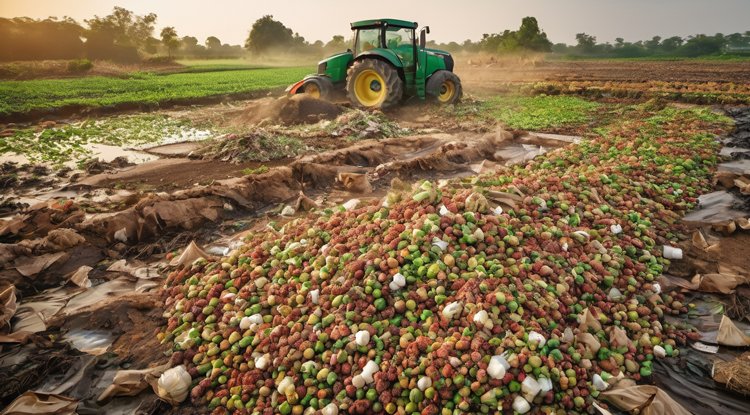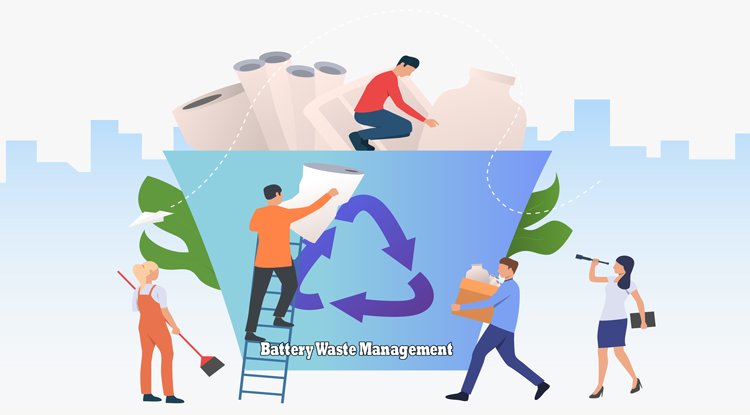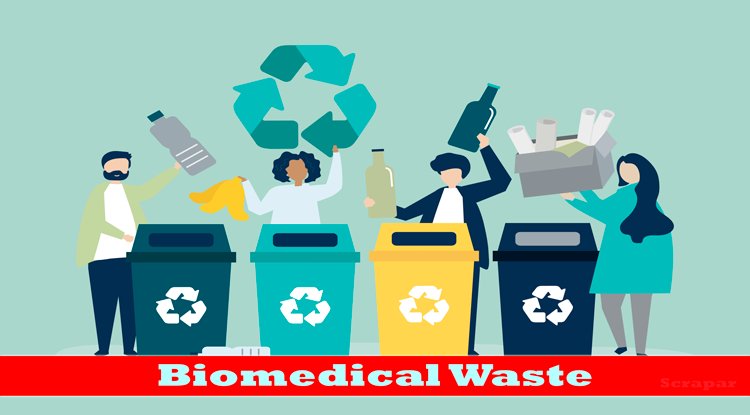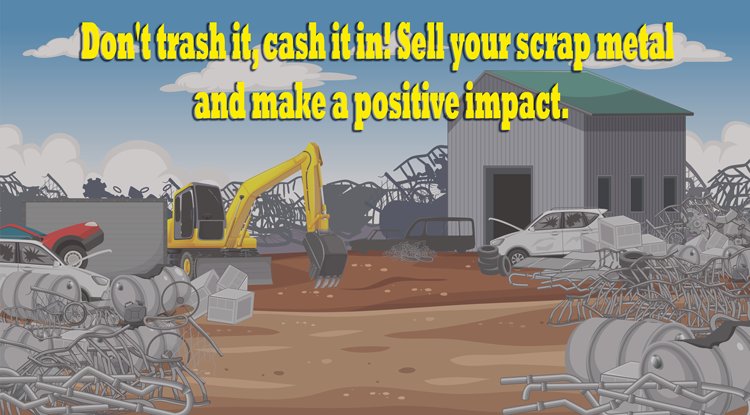Agriculture Waste Management
Agricultural waste encompasses a broad spectrum of materials generated throughout the various stages of agricultural production, processing, and distribution. These materials can be organic or inorganic, and their composition and characteristics vary depending on the specific agricultural activities involved.
In the vast fields and bustling farms that sustain our global food supply, there lies a lesser-known aspect that carries immense potential and significance: agriculture waste. While the primary focus of agriculture is understandably on producing food, fiber, and other essential commodities, the by-products and residues generated throughout the farming process often go unnoticed. Yet, within this overlooked realm of waste lies an opportunity for innovation, sustainability, and environmental stewardship.
The Growing Challenge of Agriculture Waste
Agriculture waste encompasses a wide range of materials, from crop residues and livestock manure to food processing by-products and packaging materials. As the world's population continues to grow and agricultural production intensifies to meet rising demands, the volume of waste generated by farming activities is also on the rise.
One of the most significant challenges posed by agriculture waste is its environmental impact. Improper management of waste can lead to soil degradation, water pollution, greenhouse gas emissions, and loss of biodiversity. Moreover, the disposal of agricultural waste often involves burning or landfilling, contributing to air pollution and exacerbating climate change.
Turning Challenges into Opportunities
However, amidst these challenges, there lies a silver lining: the untapped potential of agriculture waste. With the right approach, agricultural residues and by-products can be transformed from liabilities into valuable resources, paving the way towards a more sustainable and circular economy in agriculture.
1. Bioenergy Production: Organic waste materials such as crop residues and livestock manure can be converted into renewable energy through processes like anaerobic digestion and biomass gasification. Biogas produced from agricultural waste can serve as a clean and sustainable source of energy for farm operations or be fed into the grid, reducing reliance on fossil fuels and mitigating greenhouse gas emissions.
2. Soil Health and Fertility: Crop residues and organic by-products can be composted to produce nutrient-rich compost, which, when applied to farmland, improves soil health, fertility, and structure. Composting not only diverts waste from landfills but also reduces the need for synthetic fertilizers, thereby minimizing nutrient runoff and water pollution.
3. Circular Economy Initiatives: Innovative solutions such as closed-loop systems and circular supply chains aim to minimize waste by repurposing agricultural by-products and residues. For example, food processing waste can be converted into animal feed or bio-based materials, while packaging waste can be recycled or reused within the agricultural sector.
4. Regenerative Agriculture Practices: Adopting regenerative agriculture practices, such as cover cropping, crop rotation, and agroforestry, can help sequester carbon, improve soil health, and reduce the generation of agricultural waste. By prioritizing soil conservation and biodiversity preservation, regenerative farming approaches offer a holistic solution to both waste management and sustainable food production.
Embracing a Sustainable Future
As we stand at the intersection of environmental conservation, food security, and agricultural innovation, the imperative to address agriculture waste has never been more pressing. By harnessing the hidden potential of agricultural residues and embracing sustainable waste management practices, farmers, policymakers, and industry stakeholders can chart a course towards a more resilient, efficient, and environmentally friendly agricultural sector.
In this journey towards sustainability, collaboration and knowledge sharing are paramount. By sharing best practices, supporting research and development initiatives, and incentivizing sustainable farming practices, we can collectively unlock the transformative power of agriculture waste and cultivate a brighter future for generations to come.
What's Your Reaction?





















